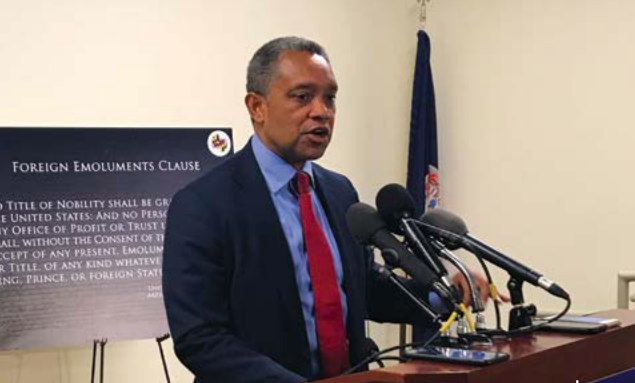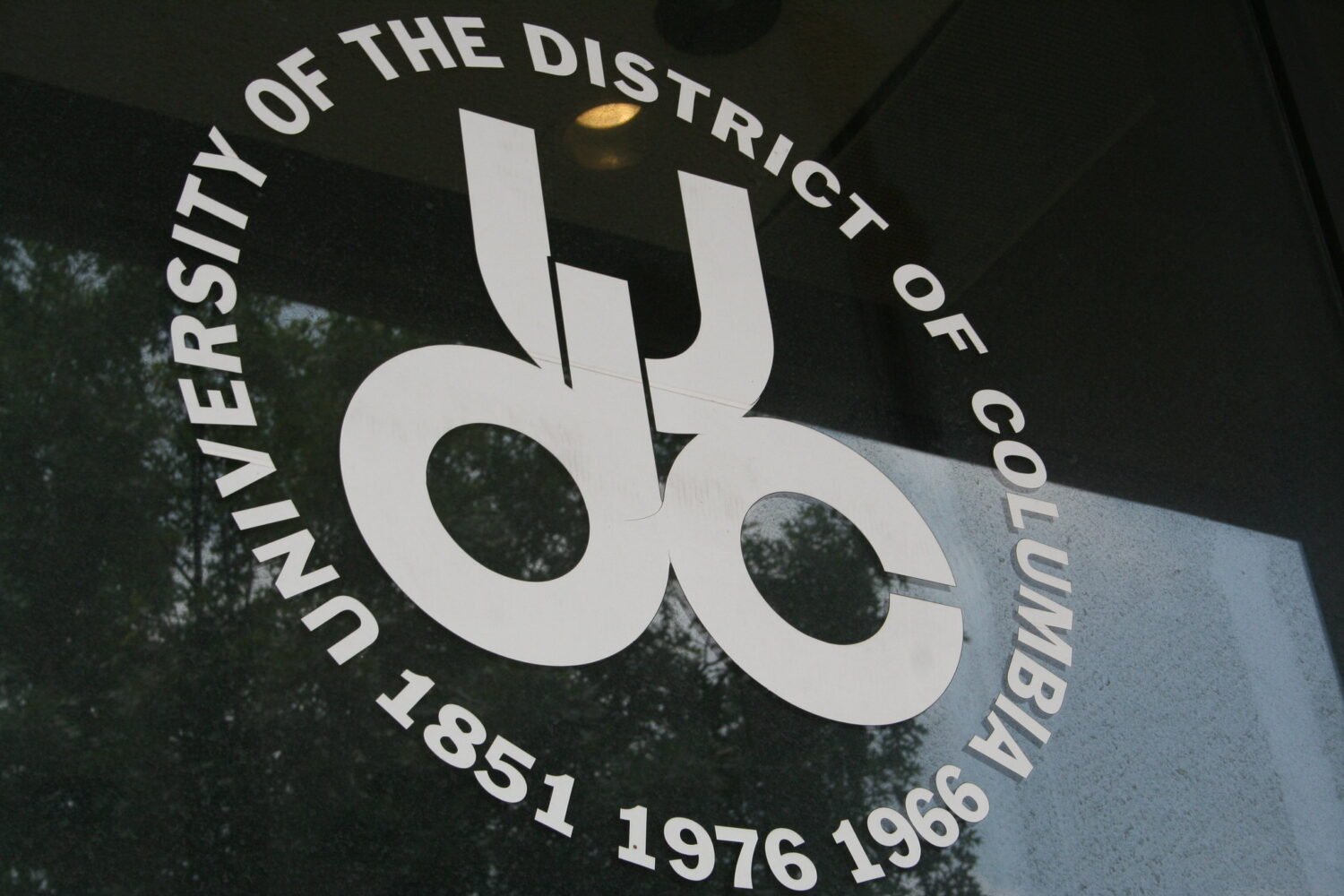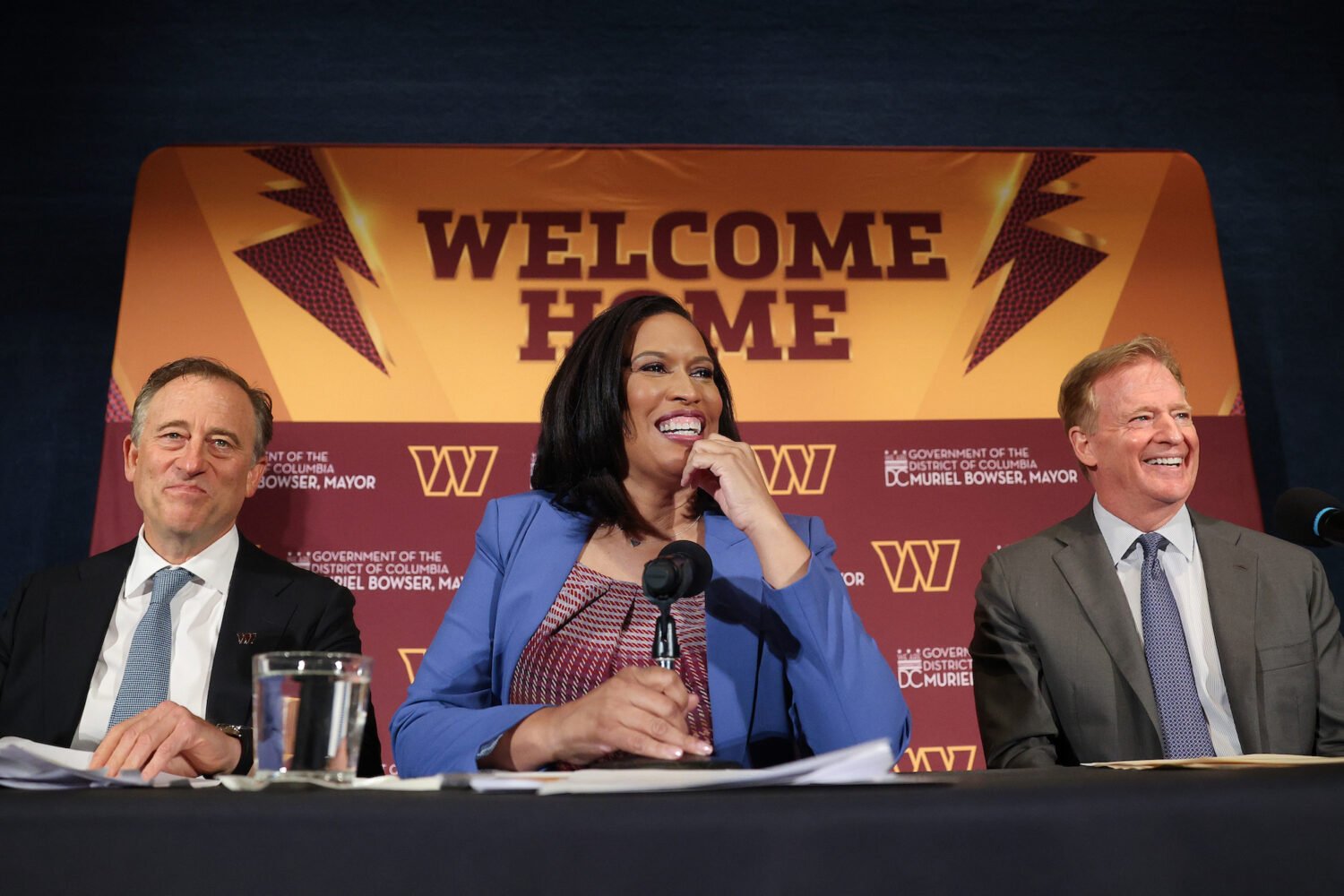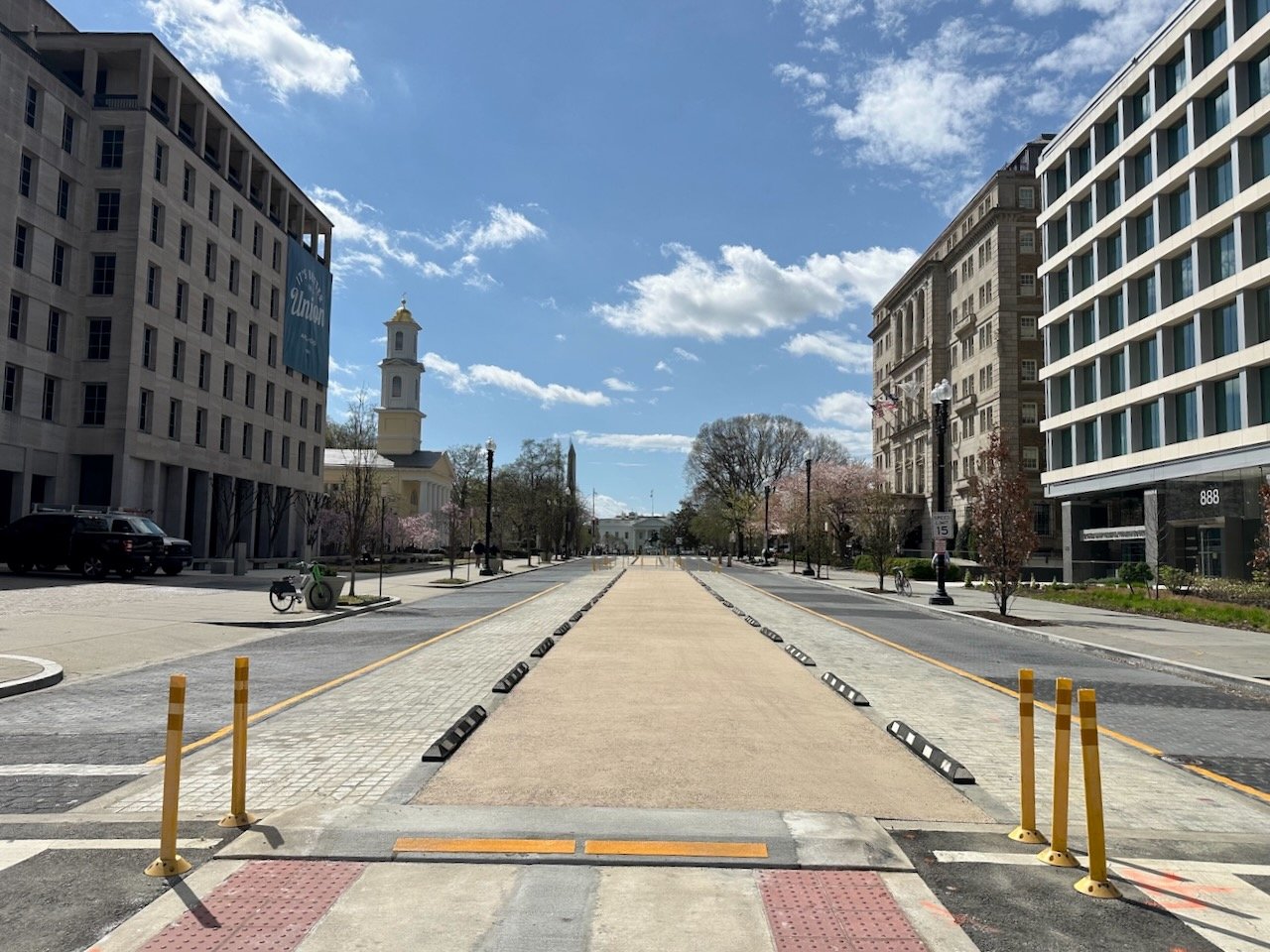The city’s top consumer lawyers have spent the past few weeks cracking down on price-gouging schemes across the District. And they’re warning residents that a wave of new scams could be on the horizon.
With much of official DC on lockdown, lawyers from the OAG’s Consumer Protection Office have found themselves as busy as ever: For nearly a month, they’ve battled a steady surge of price-gouging complaints, as local and online retailers hike prices by as much as twice their normal price.
“We are already seeing a significant surge of price-gouging,” says Ben Wiseman, who directs the Consumer Protection Office. Nearly all the complaints have involved “things like hand sanitizer, disinfecting products, and other things” that DC residents have sought out during the coronavirus pandemic.
In late March, Attorney General Karl Racine slapped five area retailers with cease-and-desist letters. In little more than a week, that number has tripled to fifteen retailers, each of whom have been cited for price hikes. Since Racine’s initial citations, the office has fielded an additional seventy complaints.
As busy as the attorneys have been quashing illegal price hikes, they’ve become equally concerned about another problem: A surge of potential activity from scammers and con artists. The anxiety comes at the precise moment that District residents are about to find themselves newly flush with temporary cash, thanks to emergency stimulus legislation passed by Congress. Residents who qualify can receive up to $1200.
“We do have a heightened concern that con artists will be targeting those funds,” says Wendy Weinberg, a senior attorney in the Consumer Protection Office. “Just the fact that this influx of cash is imminent does provide an opportunity for people to take advantage of consumers.”
The types of scams are myriad, says Weinberg. They include phone calls from the “fake IRS” demanding the convenient figure of $1200, or fake charity scams from individuals canvassing neighborhoods door-to-door.
Then there are product-based frauds. Wiseman warned of “scammers taking advantage by selling products that are ineffective at preventing disease,” such as fake coronavirus tests, dummy disinfectants or cleaning materials, or even selling “coronavirus insurance.”
There are also more harrowing possibilities in the digital realm. Wiseman described law enforcement authorities in Texas, who are investigating a case of sophisticated malware extortion: Hackers who threatened to expose their victims to the virus if they didn’t pay money, sometimes called ransomware.
Unlike price-gouging complaints, which have surged in recent weeks, the OAG’s phones have been largely quiet as they wait for an uptick of scams and frauds. That has left the attorneys on edge, forming a conviction that more complaints are in the offing. “In large part, we do think of this as something that’s going to be ahead of us,” says Wiseman. “We’re just at the starting point of seeing potential scams.”
The OAG’s battle against price-gouging, on the other hand, is a campaign that’s picking up greater speed. The Consumer Protection division is playing whack-a-mole with sellers trying to inch up their prices, wittingly or unwittingly, beyond the typical average.
That’s in violation of District Law—specifically, the 1992 Natural Disaster Consumer Protection Act, which Mayor Muriel Bowser activated in her March 11 emergency declaration. The law essentially prevents the prices of goods and services from being marked up dramatically over their approximate averages from the previous 90 days, although the specific mechanics are more complicated.
The mayor’s declaration applies to landlords. (OAG has sent a cease-and-desist letter to at least one, who attempted to raise rents on tenants.) And Bowser’s decree also activated an anti-hoarding provision. OAG attorneys haven’t yet received allegations of hoarding, but say they’re ready to field complaints when they inevitably come. “All you have to do look at a toilet paper shelf to know that some of that is going,” says Weinberg.
Mammoth corporations like Amazon have been in the news in recent weeks, as they face the challenge of managing fluctuating prices and skyrocketing demand. One Amazon seller in Kentucky made headlines when it was revealed he was sitting on 17,000 bottles of hand-sanitizer. (He later donated them.)
Amazon may be an object of perennial national suspicion. But the majority of OAG’s price-gouging actions have been against mom-and-pop convenience stores and local retailers. (They have issued one cease-and-desist letter to one Amazon retailer residing in DC.) Most of these stores raised prices on disinfecting wipes, bottles of rubbing alcohol and face masks. In another case, one store unpacked a box of latex gloves and sold them in individual pairs—another practice that falls afoul of the law, say the OAG attorneys.
“They may not have known that they were breaking the law,” says Weinberg. “But they certainly knew that they were raising their prices well above what they were charging before.”
“It just creates hardship,” she added.
As the checks roll in and demand for PPE intensifies, OAG attorneys are urging residents to alert them to price-gouging and possible scams. “We know these scams are out there,” Wiseman says.
“Our consumer hotline is still open, we’re still investigating complaints, and we’re still moving forward with cases,” he adds. “We are up and running.”

















